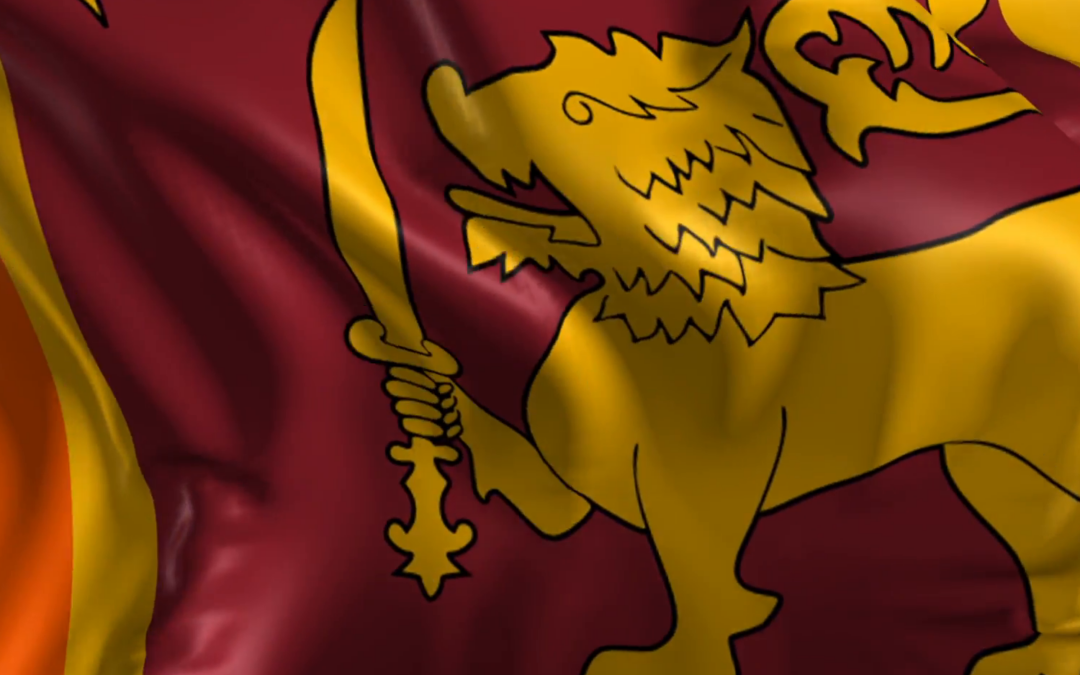
Impeachment of Sri Lankan Chief Justice: Government must adhere to international standards of due process
 The impeachment process against Sri Lankan Chief Justice Shirani Bandaranayake must follow international standards of due process says the ICJ.
The impeachment process against Sri Lankan Chief Justice Shirani Bandaranayake must follow international standards of due process says the ICJ.

 The impeachment process against Sri Lankan Chief Justice Shirani Bandaranayake must follow international standards of due process says the ICJ.
The impeachment process against Sri Lankan Chief Justice Shirani Bandaranayake must follow international standards of due process says the ICJ.
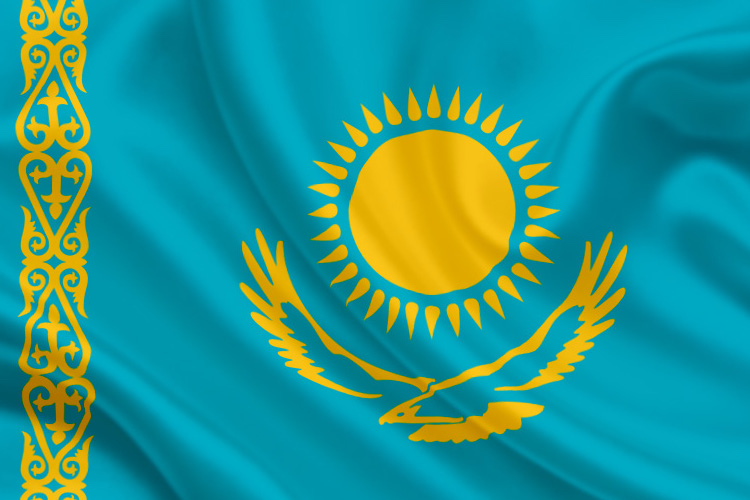
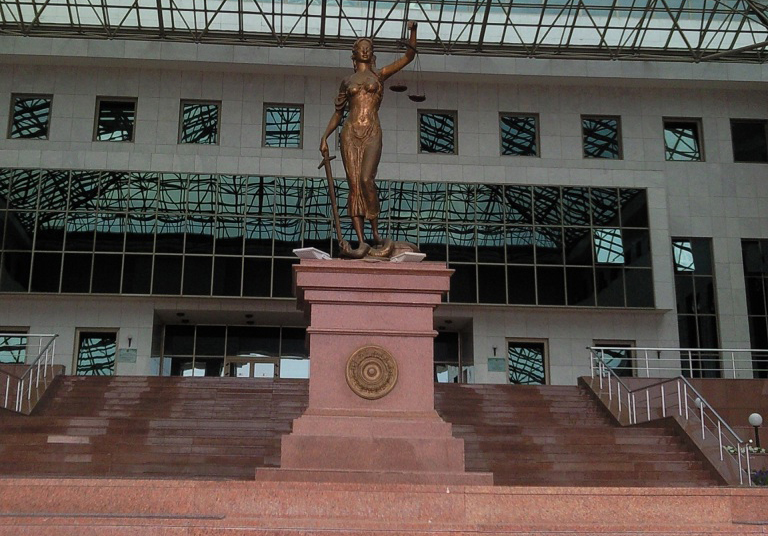 The ICJ today expressed its concern at disciplinary sanctions and threats of criminal prosecution against Judge Aliya Zhumasheva of the Kachirsk District Court of Pavlodar Region in Kazakhstan.
The ICJ today expressed its concern at disciplinary sanctions and threats of criminal prosecution against Judge Aliya Zhumasheva of the Kachirsk District Court of Pavlodar Region in Kazakhstan.
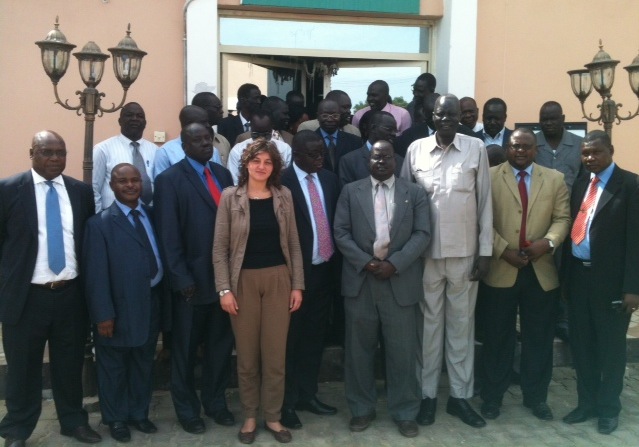
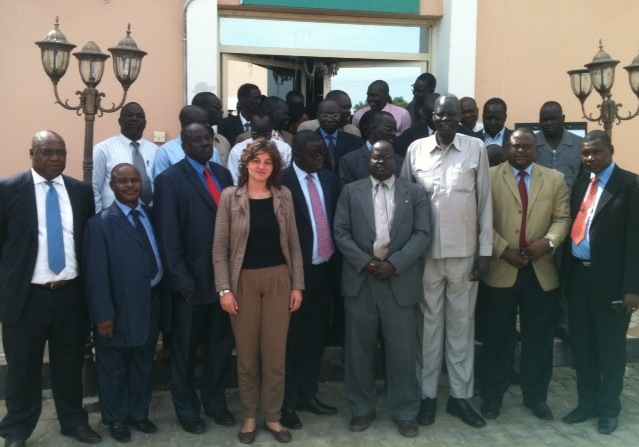 The ICJ is holding a workshop on access to justice and the right to fair trial from 22 to 24 October in Juba, South Sudan.
The ICJ is holding a workshop on access to justice and the right to fair trial from 22 to 24 October in Juba, South Sudan.
The workshop, organized in collaboration with the South Sudan Law Society, is aimed at judges, prosecutors, lawyers, and legal staff of the Ministry of Justice. It covers inter alia general fair trial standards, the role of the prosecutor and an independent legal profession, and specific standards applicable to arrest, pre-trial detention and trial proceedings. An ICJ delegation consisting of Judge Charles Mkandawire (ICJ Commissioner and Registrar of the SADC Tribunal), President Judge Anaclet Chipeta (High Court of Malawi), former Judge Thomas Masuku (High Court of Swaziland), Arnold Tsunga (ICJ Africa Regional Programme Director) and Ilaria Vena (CIJL Associate Legal Adviser) lead the training and debate sessions, together with representatives of the South Sudan Law Society.
SouthSudan-WorkshopFairTrial-Agenda-October2012 (download the agenda of the workshop)
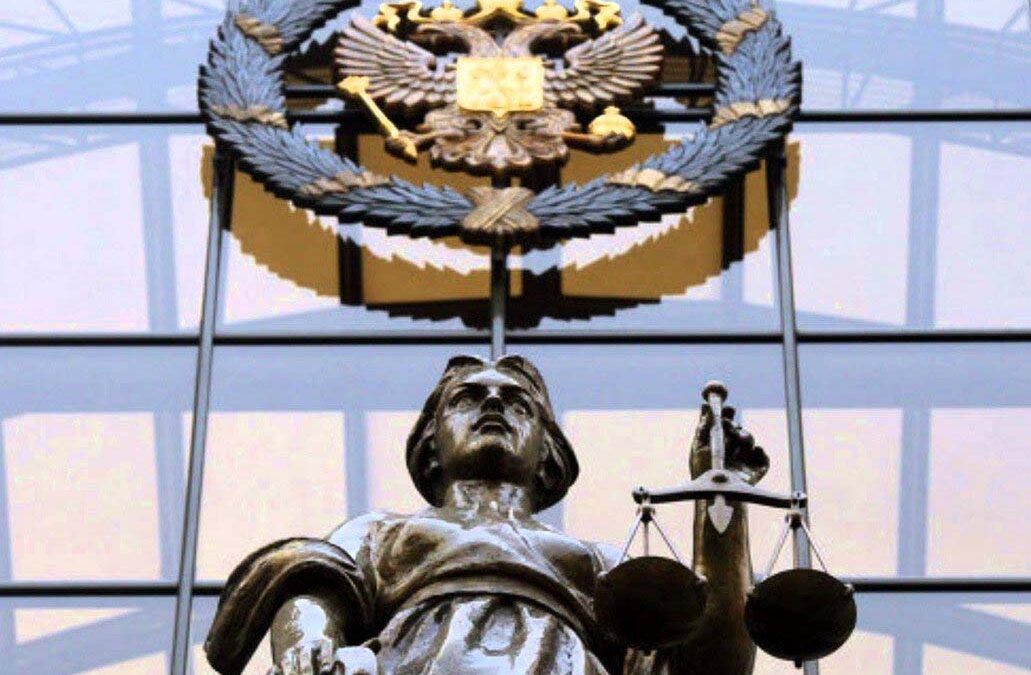
 The ICJ commented on the UPR of the Russian Federation, addressing issues including torture and ill-treatment, impunity, judicial independence, NGO laws and “homosexual propaganda” bans.
The ICJ commented on the UPR of the Russian Federation, addressing issues including torture and ill-treatment, impunity, judicial independence, NGO laws and “homosexual propaganda” bans.
The International Commission of Jurists has brought to the attention of the Human Rights Council’s Working Group on the UPR and to the Human Rights Council issues concerning:
Russia-ICJ comments on UPR-non-legal-submission-2012 (download the ICJ submission)
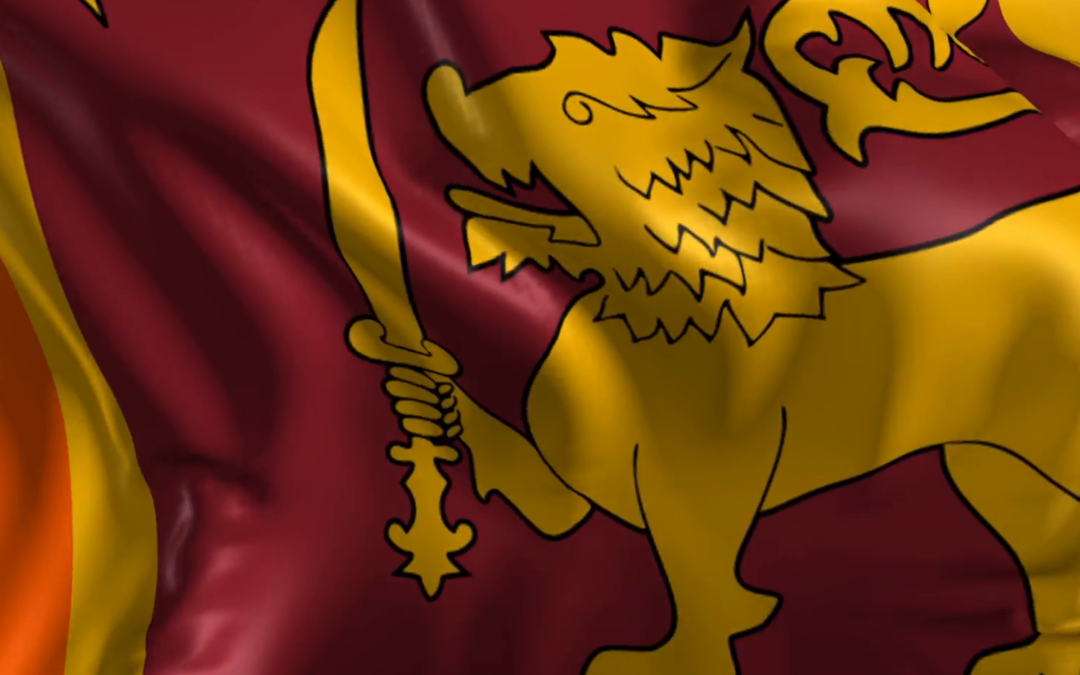
The Sri Lankan government must immediately provide justice for the physical assault on Manjula Tillekaratne and cease public efforts to undermine the independence of the country’s judiciary, the ICJ said today.
Unidentified persons assaulted the Secretary of the Judicial Services Commission on 7 October 2012. Lawyers and judges held a strike to protest recent and escalating threats to judicial independence in Sri Lanka.
“This physical assault is another terrible step downward in the ongoing effort to undermine the judiciary and the rule of law in Sri Lanka,” said Sam Zarifi, ICJ’s Asia Director. “The Sri Lankan government has to investigate this event and bring the perpetrators to justice, and ensure that the country’s judges are secure from assault and intimidation.”
Earlier in September, the Sri Lankan President Mahinda Rajapksa had demanded a meeting with the Chief Justice and two members of the JSC. The JSC refused the request, citing the implications of such a meeting on the independence of the judiciary.
The request came in the wake of the Supreme Court striking down a pending bill before the parliament – the “Divi Neguma Department Bill,” which proposed to establish a new department by amalgamating the Samurdhi Authority, Southern Development Authority and the Udarata Development Authority.
If passed, the bill would confer wide powers to the Economic Development Minister as well as access to funds.
State-controlled print and electronic media then engaged in a public campaign of vilifying the Chief Justice and other members of the JSC who are also sitting Supreme Court Justices.
On 18 September 2012, the JSC directed its Secretary to issue a public statement citing the baseless criticism of its members in the state electronic and print media.
The JSC indicated that it had been subjected to threats and intimidation.
Notably, the JSC said it was subjected ‘to various influences after the Commission initiated disciplinary action against a judge.’
On 28 September 2012, JSC Secretary Manjula Tillekaratne expressed concern for ‘the security of all of us and our families beginning from the person holding the highest position in the judicial system.’
“The effort to use State-controlled media to browbeat and intimidate judges is an egregious assault on the independence and impartiality of Sri Lanka’s judiciary. An independent judiciary is a necessary precondition to safeguard human rights,” Zarifi added.
The United Nations Basic Principles on the Independence of the Judiciary makes clear that it is the responsibility of the State to respect and observe the independence of the judiciary, protecting judges from any improper influences, inducements, pressures, threats or interference.
In recent months, the independence of the judiciary has come under attack in Sri Lanka.
In July 2012, Government Minister Rishad Bathiudeen threatened a Magistrate in Mannar and then orchestrated a mob to pelt stones and set fire to part of the Mannar courthouse. Lawyers and judges held a nation-wide strike to protest the incident.
The Bar Association of Sri Lanka as well as the Judges Association of Sri Lanka issued public statements condemning the attacks.
Contact:
Sam Zarifi, ICJ Asia-Pacific Regional Director, t: +66 26198477; email: sam.zarifi@icj.org
Sheila Varadan, ICJ Legal Adviser, South Asia Programme, t: +66 857200723; email: sheila.varadan@icj.org
Picture by Nuwan Amarawansha